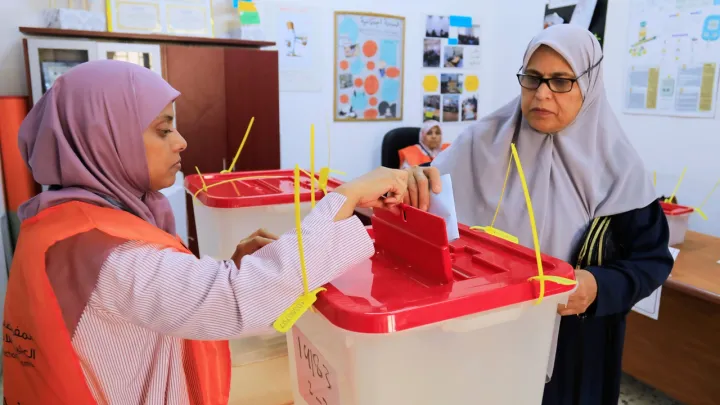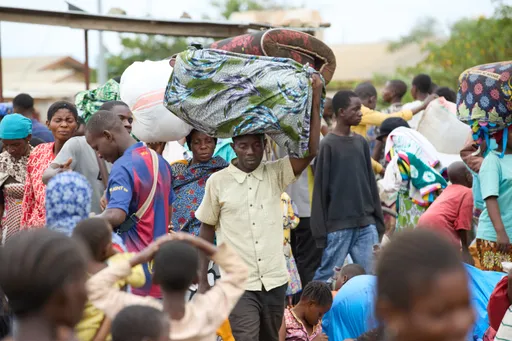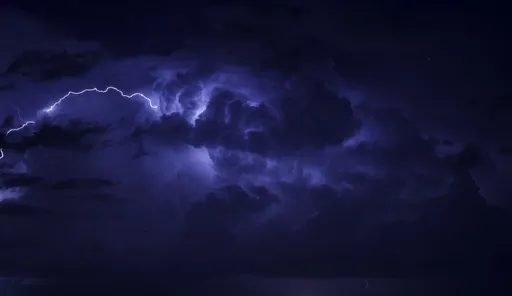Fighting in the Sudanese capital has raged after a day of deadly battles between paramilitaries and the regular army, leaving at least 56 people dead and nearly 600 wounded, according to a doctors' union.
The union released its latest casualty toll early on Sunday. Military personnel and three UN staff members in Sudan were reportedly among those killed.
A total of 56 civilians were killed and 595 others were wounded in clashes across Sudan, the Central Committee of Sudan Doctors said, a day after fighting broke out between Sudan's military and a government's paramilitary Rapid Support Forces [RSF].
Explosions and gunfire rang out on the deserted streets of Khartoum, according to witnesses, after the paramilitaries said they were in control of the presidential place, Khartoum airport and other vital facilities.
The army denied the claims, and in a statement, the Sudanese air force urged people to stay indoors as it continued air strikes against bases of the paramilitary RSF.
Fighter jets were earlier seen flying overhead.
Windows rattled and apartment buildings shook in many parts of Khartoum during the clashes, with explosions heard early on Sunday.
Bakry, 24, who works in marketing, said Khartoum residents had "never seen anything like" this unrest, which left dark smoke hanging over the capital.
"People were terrified and running back home. The streets emptied very quickly", said Bakry, who gave only a first name.
U.S. Secretary of State Antony Blinken said on Saturday he had consulted with the foreign ministers of Saudi Arabia and United Arab Emirates on clashes in Sudan.
They agreed it was essential for the involved parties to immediately end hostilities without any preconditions, Blinken said in a statement.
Violence erupted after weeks of deepening tensions between military leader Abdel Fattah al-Burhan and his deputy, paramilitary commander Mohamed Hamdan Daglo, over the planned integration of Daglo's RSF into the regular army.
The integration was a key element of talks to finalise a deal that would return the country to civilian rule and end the political-economic crisis sparked by the military's 2021 coup.
Created in 2013, the RSF emerged from the Janjaweed militia that then-president Omar al Bashir unleashed against non-Arab ethnic minorities in the western Darfur region a decade earlier, drawing accusations of war crimes.
























